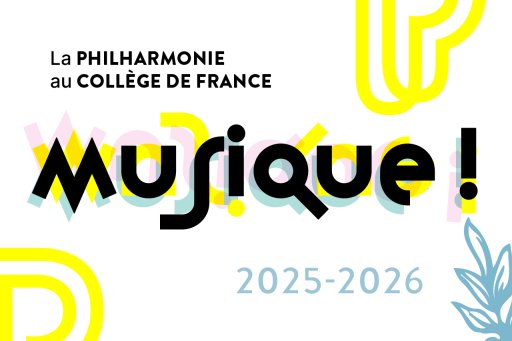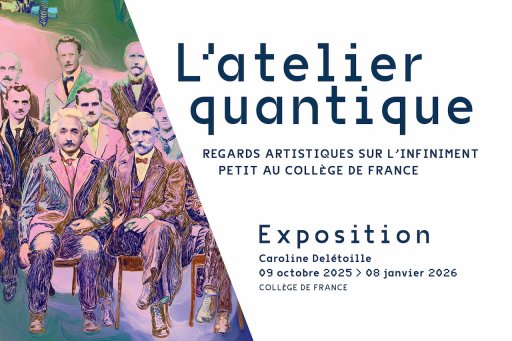
Ten years after the creation of PSL, how would you assess the progress made?
On the scale of a centuries-old institution like the Collège de France, ten years is a very short time... And yet, it was enough for a new institution to be created and find its place in the national and international higher education and research environment! The challenge was considerable, and the result is impressive: the aim was for a new institution to embody the joint determination of several renowned and prestigious institutions to enhance their excellence and international visibility. The project was very risky for each of them, and many observers and councils expressed their scepticism - sometimes officially! But we were driven by a very strong conviction, based on our long-standing scientific ties and shared values.PSL is therefore an innovation, but also an achievement crowned with numerous successes, from the IDEX obtained in 2012, to the very recent first place in the Times Higher Education Young University Rankings. Monique Canto-Sperber and Thierry Coulhon, in particular, are to be commended for their work in building this magnificent success story.
What do you see as the major challenges and issues facing PSL over the next ten years?
First and foremost, after these two years of health crisis, PSL will have to demonstrate the resilience, mobilization and cohesion of its community - now more numerous and more diverse - around its identity and its projects.
Secondly, PSL is eagerly awaited in the decisive scientific and societal challenges now posed by the ecological transition, biodiversity and climate change, but also population health - for which the inauguration of PariSantéCampus has given a very strong signal, as well as the vast field of artificial intelligence. One of PSL's strengths in meeting these challenges lies in its ability to tackle these issues in a multidisciplinary way, combining exact and experimental sciences with the humanities and social sciences.
Finally, PSL will need to pursue and consolidate its European ambitions within the network of European universities, in both education and research. This will enable PSL to make its full contribution to the construction of a future European higher education and research area.
What do you think of the role played by the Collège de France within PSL University?
The Collège de France is one of PSL's "founding fathers", along with the École normale supérieure - PSL, Chimie ParisTech - PSL, ESPCI Paris - PSL and Observatoire de Paris - PSL, soon joined byUniversité Paris-Dauphine - PSL andInstitut Curie. We have particularly vivid memories of our collective enthusiasm around the birth of the project, then of our total investment in the fierce competition to win IDEX! The Collège de France brought to the table its unique position in the higher education landscape, its ability to stand on its own two feet, and its strong commitment to the subsidiarity that was to be the foundation of PSL. That's why Collège de France proposed PSL's motto: " Let's share what's unique about us "!
Today, the Collège de France is associated with the PSL University and actively participates in the development of its research and knowledge dissemination projects. Successive directors have pursued their commitment to PSL, under a legal form adapted to the specific characteristics of Collège de France, but always with the same conviction. All the directors of the institutions that make up PSL know that Collège de France is right by their side in PSL.
We cannot fail to quote the words of Alain Fuchs - who is working with remarkable success to ensure PSL's success - in his wishes for 2022: " Each of our institutions shares its uniqueness and puts it to the service of all".








